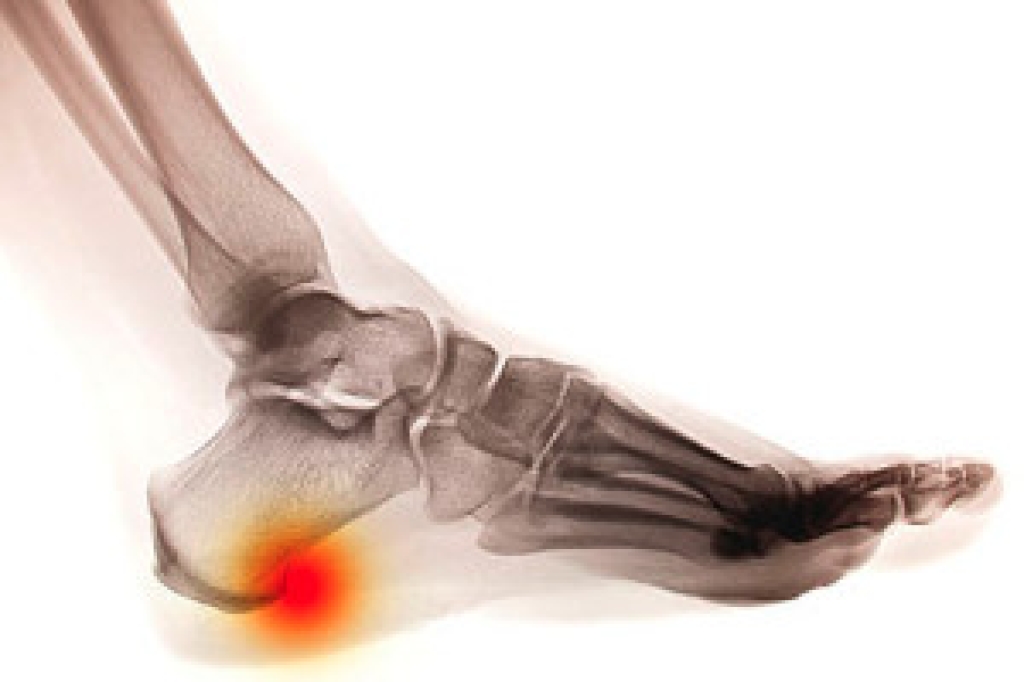 Research has indicated many patients may develop foot problems as a result of pregnancy. The feet endure the weight of the body, and many uncomfortable foot conditions can arise as the pregnancy weight increases. A pregnant woman may notice the absence of an arch in her feet, and the feet may appear to look flat. Additionally, the feet may roll inward, and this may cause pain and discomfort to the feet and lower extremities. Many women who are pregnant are aware of excess swelling in their feet, which is known as edema. Comfort may be found if the feet are elevated frequently during the day, in addition to drinking plenty of fresh water, and avoiding or limiting salt intake. If you would like additional information about how pregnancy can affect your feet, please consult with a podiatrist.
Research has indicated many patients may develop foot problems as a result of pregnancy. The feet endure the weight of the body, and many uncomfortable foot conditions can arise as the pregnancy weight increases. A pregnant woman may notice the absence of an arch in her feet, and the feet may appear to look flat. Additionally, the feet may roll inward, and this may cause pain and discomfort to the feet and lower extremities. Many women who are pregnant are aware of excess swelling in their feet, which is known as edema. Comfort may be found if the feet are elevated frequently during the day, in addition to drinking plenty of fresh water, and avoiding or limiting salt intake. If you would like additional information about how pregnancy can affect your feet, please consult with a podiatrist.
Pregnant women with swollen feet can be treated with a variety of different methods that are readily available. For more information about other cures for swollen feet during pregnancy, consult with one of our podiatrists from PA Foot & Ankle Associates. Our doctors will attend to all of your foot and ankle needs.
What Foot Problems Can Arise During Pregnancy?
One problem that can occur is overpronation, which occurs when the arch of the foot flattens and tends to roll inward. This can cause pain and discomfort in your heels while you’re walking or even just standing up, trying to support your baby.
Another problem is edema, or swelling in the extremities. This often affects the feet during pregnancy but tends to occur in the later stages.
How Can I Keep My Feet Healthy During Pregnancy?
- Wearing orthotics can provide extra support for the feet and help distribute weight evenly
- Minimize the amount of time spent walking barefoot
- Wear shoes with good arch support
- Wear shoes that allow for good circulation to the feet
- Elevate feet if you experience swelling
- Massage your feet
- Get regular, light exercise, such as walking, to promote blood circulation to the feet
If you have any questions, please feel free to contact one of our offices located in Allentown, Easton, Northampton, and Chew Street in Allentown, PA . We offer the newest diagnostic and treatment technologies for all your foot care needs.



